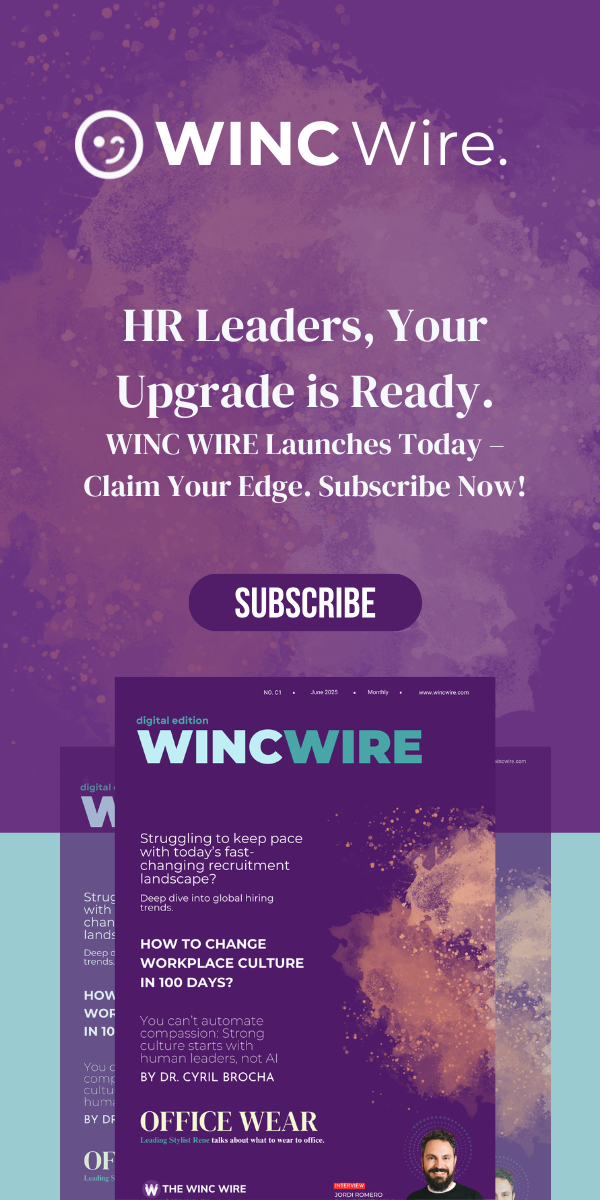Diversity conversations in the workplace often centre on gender, ethnicity, or neurodiversity — all vital pillars of inclusion. Yet, there’s one dimension frequently left in the shadows: socio-economic background. The postcode a person grows up in, their family’s financial standing, and the quality of their education still act as invisible gatekeepers in today’s professional world.
Let’s be frank — this isn’t about talent shortages. It’s about structural barriers. Brilliant minds and capable hands are all too often left behind, not due to lack of merit, but because the systems that shape opportunity are weighted against them.
Why Socio-Economic Inclusion Is a Business Imperative
When I reflect on high-performing teams I’ve led across sectors — from hospitality to automotive HR — one truth emerges consistently: diversity of experience breeds excellence. And socio-economic diversity plays a powerful, yet underestimated, role in that dynamic.
Let’s look at why this matters beyond moral obligation:
- Wider Talent Pools
Relying solely on candidates from elite institutions narrows the field unnecessarily. We risk missing skilled individuals who simply lacked access, not ability. - Greater Innovation
When lived experiences differ, problem-solving does too. Diverse teams question assumptions and craft inventive solutions — a hallmark of resilient businesses. - Deeper Customer Understanding
A workforce that reflects a broad spectrum of society brings richer insight into customer behaviour and unmet needs. - Macro-Economic Gains
Boosting social mobility drives national productivity. Studies suggest even modest improvements here can contribute billions to GDP.
What’s Holding Us Back?
Despite the upside, socio-economic inclusion remains underprioritised — and not by accident. Tackling it means confronting deeply ingrained workplace norms:
- Unpaid Internships
These remain a luxury afforded only to the privileged. For many, working for free simply isn’t viable. - Degree Inflation
Roles that could be learned on the job are blocked off by unnecessary academic requirements. - Cultural Fit Missteps
Vague dress codes or expectations of ‘polish’ can alienate those who’ve not navigated corporate environments before. - Post-Hire Neglect
Without mentorship or structured support, new hires from less advantaged backgrounds often struggle in silence.
These are not minor obstacles — they’re systemic filters. But with intent and humility, they can be dismantled.
From Awareness to Action: What Organisations Can Do
True inclusion starts with small, deliberate shifts. Here’s where change begins:
1. Redesign Recruitment
- Write with Clarity
Strip out jargon. Make roles accessible by describing what success looks like, not just ticking boxes. - Blind CV Reviews
Remove identifying details to counter unconscious bias. - Assess for Aptitude
Prioritise lived experience, curiosity, and transferable skills over traditional qualifications.
2. Level the Playing Field for Early Careers
- Pay Interns Fairly
Compensate all placements to remove economic barriers to entry. - Expand Outreach
Partner with charities, schools, and community networks to reach untapped talent pools.
3. Cultivate a Sense of Belonging
- Normalise Diverse Journeys
Encourage team members — especially leaders — to share their career stories, including the bumps along the way. - Support ERGs
Socio-economic-focused employee groups can be powerful spaces for connection, growth, and change-making.
4. Offer Ongoing Support
- Structured Mentoring
Match new joiners with mentors who understand the unspoken rules and help navigate them. - Invest in Tailored Learning
Provide access to development opportunities that cater to different starting points, not just those already ahead.
5. Champion Pay and Progression Transparency
- State Salary Ranges Upfront
Open disclosure builds trust and removes ambiguity. - Map Clear Paths to Growth
Lay out the steps to advancement and make them equally visible to everyone.
The Payoff: Why This Matters
When socio-economic representation becomes a core priority, the results ripple far beyond the office walls:
- Creativity Grows
Teams approach challenges with renewed energy and originality. - Retention Rises
Employees stay where they feel seen, heard, and supported. - Communities Prosper
Businesses that remove barriers lift not just individuals, but families and entire neighbourhoods.
And perhaps most critically — organisations become future-ready. In a world marked by volatility and change, a workplace rich in perspective is better equipped to adapt, pivot, and thrive.
A Final Word
Socio-economic inclusion isn’t a footnote in your DEI strategy — it’s a cornerstone. But it won’t evolve through aspiration alone. It demands proactive leadership, honest reflection, and operational shifts.
Start with the basics: rework your job specs. Build a mentorship programme. Be bold enough to examine the bias in your systems — and do something about it.
Because potential isn’t postcode-bound. And when we build workplaces that welcome every kind of brilliance, we don’t just change lives — we redefine what success looks like.
Let’s Stay Connected
If you found value in this article, there’s more where that came from. I regularly share reflections, tools, and strategies for leaders committed to building thriving, human-centred organisations.
Together, we can build cultures of excellence — one shift at a time.





